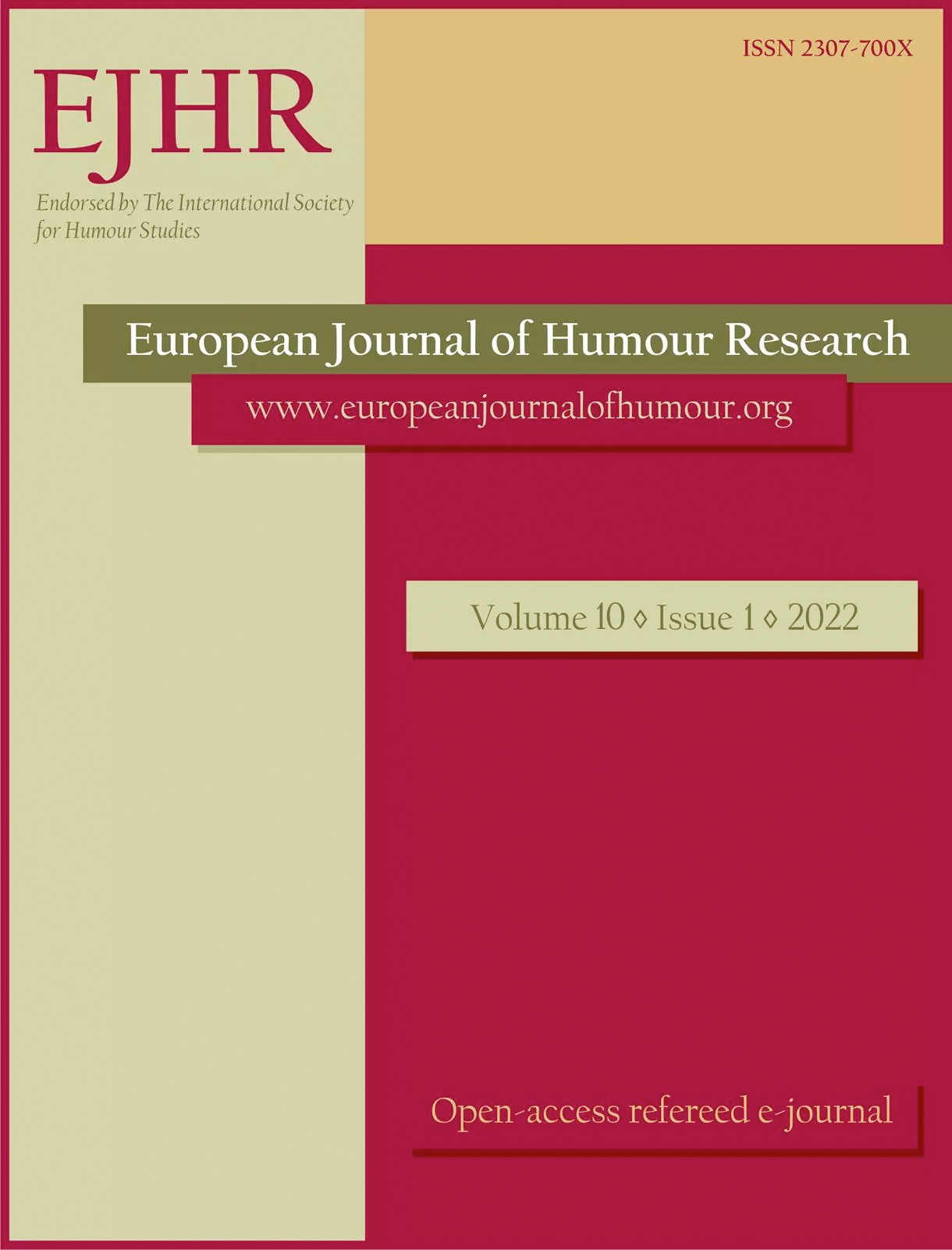Joke identification, comprehension and appreciation
by Spanish intermediate ESL learners:
Joke identification, comprehension and appreciation
by Spanish intermediate ESL learners:
an exploratory study
Author(s): Santiago Arróniz Parra, Manuel Padilla CruzSubject(s): Language and Literature Studies, Education, Theoretical Linguistics, Applied Linguistics, Communication studies, Pragmatics, Sociolinguistics
Published by: Krakowskie Towarzystwo Popularyzowania Wiedzy o Komunikacji Językowej Tertium
Keywords: ESL learners; relevance theory; joke identification; joke comprehension; joke appreciation
Summary/Abstract: This paper reports on an exploratory study examining joke identification, appreciation andcomprehension by Spanish intermediate ESL learners. The study is based on a relevance-theoreticclassification of jokes, which assumes that humorousness results from manipulation of three parameters:make-sense frames, cultural information and utterance interpretation. It firstly ascertains whetherSpanish ESL learners recognise orally-delivered samples of seven types of purportedly jocular texts.Secondly, it examines whether these learners actually regard such texts as comical and why. Finally, itlooks into the learners’ interpretative problems in order to single out which joke type(s) is/are morechallenging. The study relies on quantitative and qualitative data elicited through an onlinequestionnaire comprising four tasks. The results indicate no correlation between joke identification andappreciation, and independence of successful joke recognition from sophisticated interpretative skills.Jokes involving invalidation of an activated make-sense frame were most easily identified and foundmost funny, but jokes exploiting cancellation of an initial, seemingly plausible, interpretation posed moredifficulties.
Journal: The European Journal of Humour Research
- Issue Year: 10/2022
- Issue No: 1
- Page Range: 108-133
- Page Count: 26
- Language: English

